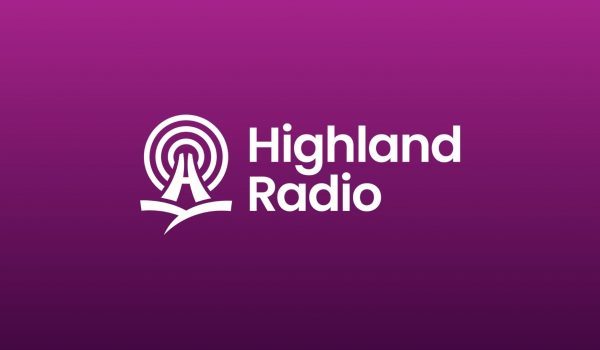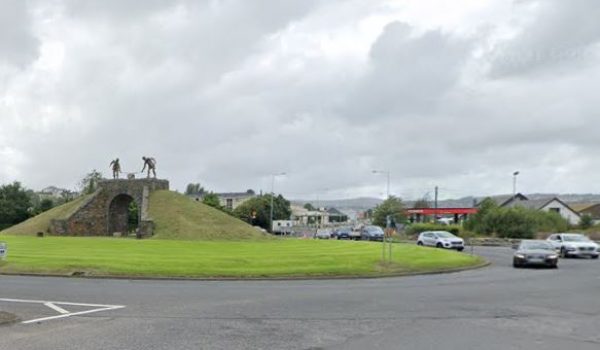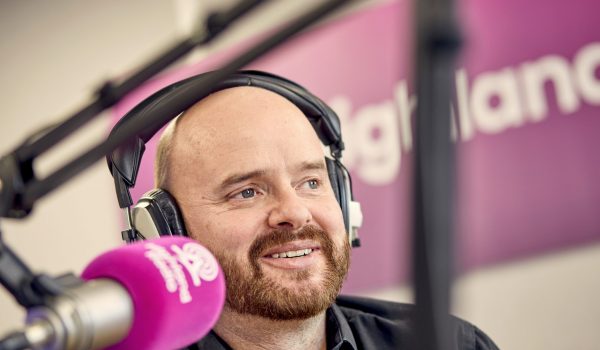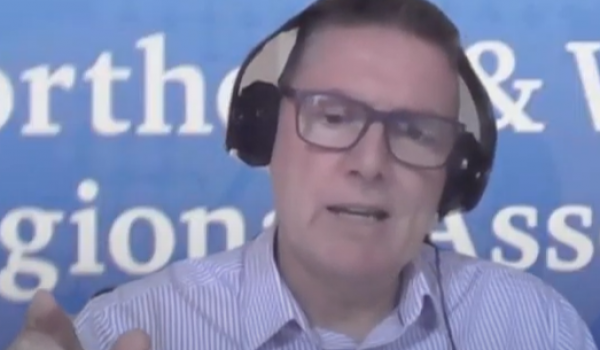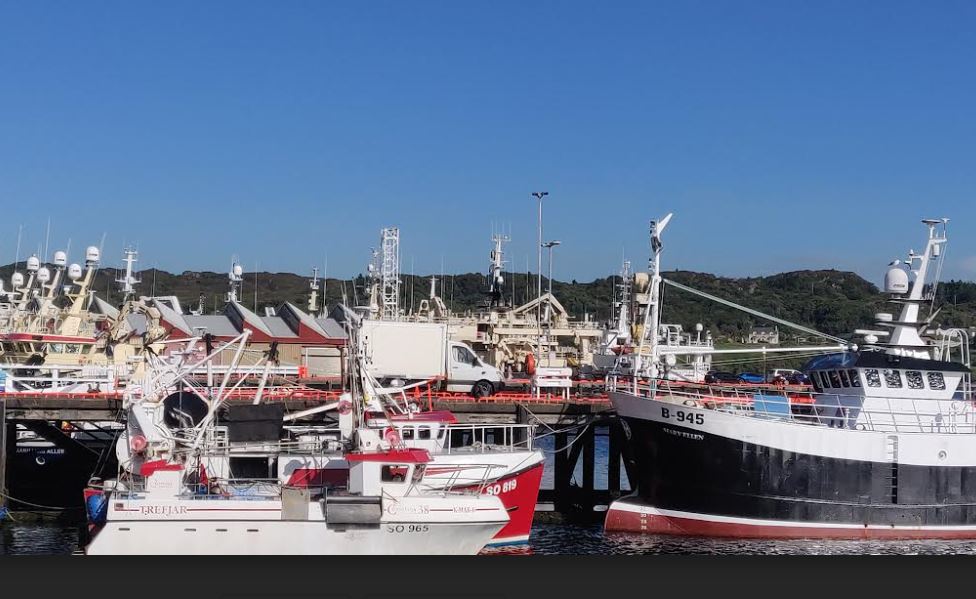
The Irish Fish Processors and Exporters Association says the pelagic sector has recorded a historically low level of fish landings so far in 2024, with mackerel landings effectively concluded.
The group’s CEP Brendan Byrne says this is set to be the worst year ever in the history of pelagic processing, with Killybegs set to be particularly badly affected.

Mr Byrne says this has knock-on consequences for all the coastal communities that depend on these factories for seasonal employment, and more leadership is needed from government to address this decline.
He’s stressing this is nothing to do with natural causes such as weather, and everything to do with quotas and regulations……….
********************************************
IFPEA Statement in full –
Irish Pelagic processing sector hits record low levels in 2024.
Factories ending processing weeks earlier than normal as trends worsen
The Irish pelagic fish processing sector has recorded historical low levels of fish landings in Q1 of
2024, and with the mackerel landings effectively concluded; indications are that 2024 is set to be the
worst year in the history of pelagic processing that Ireland has ever experienced stated Brendan
Byrne CEO of the Irish Fish Processors and Exporters Association.
2023 was a disastrous year for Pelagic Fish Processors, a statistic confirmed in the recently published
Bord Bia report “Future Focused “, which showed a 45% decline in the volume of pelagic fish
processed within the state or a drop-in value of pelagic exports of 31% in a twelve-month period.
2024 is already recording a worsening trend in the amount of pelagic fish processing activity and
early indications are the pelagic fish processing sector is in real trouble. Currently numerous fish
processors are already finished for the opening season of 2024.
That is at least 6 weeks early, this has knock-on consequences for all the coastal communities that
depend on these factories for seasonal employment. Less weeks worked in the factories means less
employment, less activities in these coastal communities and less income generated for all the
depend on fishing for their income – all of this decline has massive negative impacts on the
communities that depend on fishing for their seasonal or part time employment stated Brendan
Byrne.
There are no readily available alternative sources of employment if fish processing fails within these
coastal communities. Killybegs being Irelands largest Pelagic port is going to be hardest hit and it is
self-evident already that employment is directly impacted by this decline.
When you contrast the plight of the pelagic sector in Ireland to that of Norway, Iceland or the Faroe
Islands; all of these states are recording massive growths in their sectors. It is extremely difficult to
justify why this is happening, especially in terms of Norway that are allowed catch 200,000 mt of
Blue Whiting west of Ireland, yet the indigenous fishing industry of Ireland is suffering loss after loss
in recent years added Byrne.
The interim and transitional measures of the Brexit Adjustment Reserve failed to have any positive
impact on the pelagic processing sector, and the accumulative impact of the TCA/Brexit cuts are now
hitting home hard. 2024 is year four of a six-year agreement which realises Irish Quota being
transferred directly to the UK as part of the Brexit Deal.
To date since 2021 from a solely fish processing value perspective – €169 million worth of processed
fish has been lost due to Brexit transfers, and a further €110 million will be lost between 2025 and
2026.
Ireland has the greatest fishing grounds in all of the European Union, we have an industry that
presently employs 17,000 people, we have the most modernised factories, the greatest skills and
expertise in all of Europe but unless things change we may not have a future concluded Brendan
Byrne

